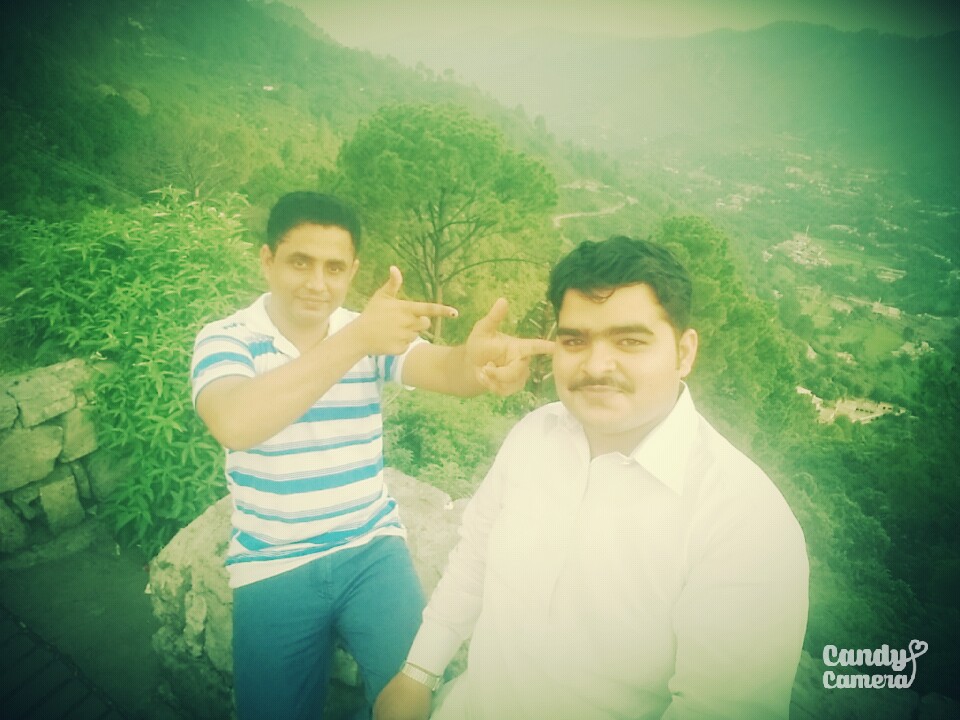
Running cross country at UT Tyler gave me discipline, confidence, and most importantly, resiliency. I took that concept and ran with it (pun intended). They taught me it isn't about the result it's about giving it your all and knowing you'll always have the support of your team family. But my team and my coach didn't care because they were more concerned about teaching me perseverance. I was by no means fast in fact, I was one of the last to always finish the races. I was recruited by Coach Grant Spencer because I was running on the treadmill at the same time practice happened. Shah: I ran cross country for only one semester at UT Tyler, but it was my favorite semester in college. Shah is a registered nurse at New York Presbyterian Hospital in upper Manhattan.ĭescribe how your UT Tyler Athletics experience has impacted your career Shah was inducted in 2015 to UT Tyler's Chi Alpha Sigma honor society, a national scholar-athlete society honoring collegiate student-athletes who excel both in the classroom and in athletic competition. Occupation: RN, New York Presbyterian Hospital Sport: Women's Track & Field / Cross Country Patriots Among Us will share their stories and experiences. For more Patriots Among Us stories, visit for example, those patients at risk for cardiopulmonary arrest, readmission, etc.Story Links Alumni of UT Tyler Athletics include a group of nearly 300 graduates from the College of Nursing and Health Sciences. synthesize that information in real time to identify patients with certain diseases-like sepsis, where treatment with antibiotics is time-sensitive, or those who are at risk for adverse events. Clinical informatics has the ability to look for the most salient pieces of information-for instance, specific labs or radiology findings or specific words a clinician/nurse might use through natural language processing, etc. Unless you’re sitting at the EMR or being notified every time something new appears, it’s almost impossible to know what is going on with the patient in real time. labs, vitals, imaging, notes) continuously being generated. Specifically, there is lots of duplicative/repetitive information coupled with new information (e.g. What about it appeals to you? How would you like to apply that knowledge to HM?Ī: I found the EHR to be very valuable, and it’s become difficult to imagine what it was like practicing in the pre-electronic era, but, with it, there definitely is information overload. Q: Clinical informatics is clearly a growing area of interest for many. I think that it’s helpful for all specialties to have understanding about this, so the earlier that this type of training occurs (i.e., medical school), the better. But knowing which IV antibiotics can/should be given in a nursing facility or at home is more nuanced and forces providers to address and think about the financial and social implications of healthcare. For example, knowing which antibiotic to give for a certain infection is pretty easy to figure out.
#MONAL SHAH HOW TO#
Q: What’s the biggest change you would like to see in hospital medicine?Ī: With information overload, I feel like it’s pretty easy to figure out how to clinically care for a patient.

I still have days when I’m not sure if “I can do this.” I was fortunate to have an amazing group of people who inspired me to become a better clinician.

What did you like most dislike during the process? Was there a single moment you knew “I can do this”?Īnswer: I really enjoyed the camaraderie of residency, especially when I was on an inpatient service and worked with a team.

Question: I have your CV, but tell me a little more about your training in medical school and residency. He also serves as a physician advisor for Parkland Health and Hospital System in Dallas.

Shah has become involved in clinical informatics and works with a nonprofit company developing prediction models and surveillance analytics for healthcare systems. That was more than a decade ago at the University of Texas Health Science Center in San Antonio. “Even though we weren’t in an outpatient setting, I really appreciated that holistic approach and knowledge base required to care for inpatients.” what insurance pays for what service, how to facilitate outpatient follow-up appointments, the importance of social factors in preventing a patient from returning to the hospital, etc.,” Dr. “I also liked that had a depth of knowledge outside of clinical care that was still important in managing patients: e.g. For the doctors and the people they treated-respect. Midway through residency, he decided that the best word for it was respect. There was just something about hospitalized patients and the folks who cared for them that drew the attention of Monal Shah, MD.


 0 kommentar(er)
0 kommentar(er)
